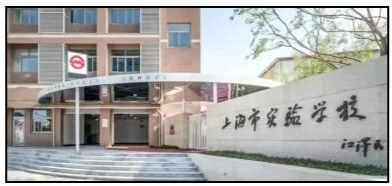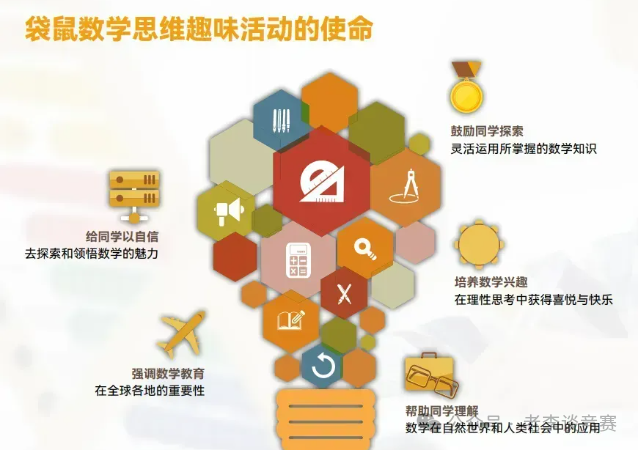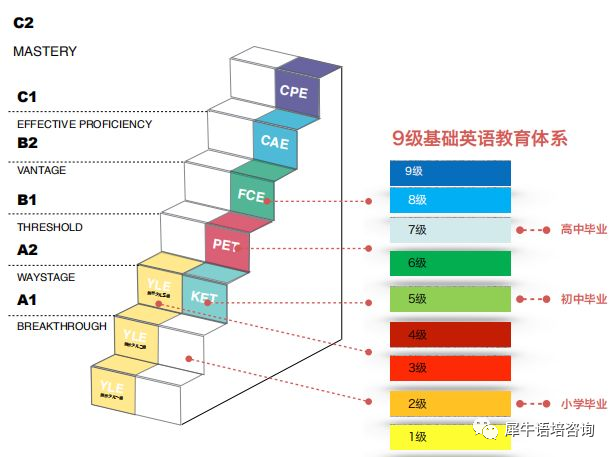本期 为大家推荐利兹大学、格拉斯哥大学2023最新奖学金介绍。
01、利兹大学
Innovation systems for foundation industries
University of Leeds | Faculty of Engineering and Physical Sciences博导:Dr Anne Velenturf, Dr P Purnell, Dr Michal Drewniok
截止日期:2023年12月1日(周五)资助的博士项目(全球学生)
项目描述:
About the Project
How can foundation industries collaborate to innovate towards a sustainable circular economy? This PhD project will take an innovation systems approach to support transformative change across industries such as cement, ceramics, metals, glass, paper and chemicals. The research will develop a systemic instrument i.e. a package of measures to help build up the foundation industries’ innovation system. This project will take a whole system approach to analyse the current innovation capacity of UK and foundation industries and identify shortcomings in the current innovation system, followed by the co-production of a shared vision for transformed foundation industries to give long-term strategic direction to innovation efforts and the development of tools for collaborative innovation across industries, government bodies and academia.You must be able to start by no later than 1 May 2024.Funding Notes
A highly competitive School of Civil Engineering Studentship offering the award of fees at the UK fee rate of £4,712, together with a tax-free maintenance grant of £18,622 for 3.5 years to UK PGRs. An additional Top-Up of £3,000 per year for 3.5 years is available to previous University of Leeds graduates.
For International PGRs, we are offering Fee Only Scholarships to cover full academic fees at the International Fee rate of £26,500 per year for 3 years.
02、格拉斯哥大学
PhD in Geographical and Earth Sciences - Anthropogenic stress cocktails within river sediments
University of Glasgow | College of Science and Engineering
博导:Dr Karen Cameron,Dr Bianca Cavazzin,Dr Adrian Bass,Dr P Hunter,Dr Anna Doeser
截止日期:2023年12月8日(周五)
资助的博士项目(全球学生)
项目描述:
About the Project
The majority of river microbial activity occurs within the top few centimeters of river sediments (76-96%). This makes river sediments a critical zone for biogeochemical cycling, and therefore essential for the overall health of a riverine system. Industry, agriculture, pharmaceuticals and urban environments all release chemical pollutants into our precious rivers, with the potential to adversely affect river ecology. Rivers that run through urban areas have been particularly noted to have concentrations of pollutants within their sediments that are of ecological concern. Furthermore, with climate-driven shifts in water temperatures and hydrology (flooding and low-flow events), our rivers are under-going increased physical pressures too. Despite this, little is known about the ecological impacts of pollutants, water temperatures and temporary desiccation on river sediments, and there are currently no national guidelines for river sediment quality in the UK.
The combined challenges of multiple physicochemical stresses, resulting from anthropogenic waste and climate change, are likely leading to complex ecological responses that are hard to tease apart. This project aims to address this black box of ecological stress responses. It will investigate the combined impact of pollutant cocktails, temperature and temporary desiccation on sediment ecological form and function, and will consider the implications of these challenges on overall sediment and riverine health. It will adopt a multidimensional approach to robustly test these factors. Field measurements and analyses, and laboratory microcosm studies in purpose designed aquatic chambers, will be adopted so that real-world environment parameters can be ascertained, and specific conditions can be precisely and independently adjusted for ongoing investigations. The research will focus on the River Almond catchment (West Lothian, Scotland), which flows through part of Scotland’s busy Central Belt, passing agricultural land, former mines, sewage treatment plants, new town urban environments and an international airport.
The specific objectives of the project will be to:
1)Characterise and quantify the geospatial variability of pollutants within surface sediments throughout the River Almond catchment.
2)Design microcosms to simulate surface river flow, and changes in pollutant cocktails, temperature and moisture content.
3)Investigate the impact of pollutant cocktails on sediment ecological form and function.
4) Investigate the impact of temperature warming and desiccation events on sediment ecological form and function.
5)Consider the influence of anthropogenic stress cocktails on the current and future overall health of riverine sediments.
This project will work alongside the MOT4Rivers consortium (https://www.stir.ac.uk/news/2022/november-2022-news/2m-water-quality-project-to-protect-river-ecosystems-/), so that knowledge and sampling resources along the River Almond can be shared. Sample sites will be selected based on physicochemical parameters and anthropogenic landmarks. Near-shore sediment cores will be collected and returned to the laboratory for analyses and microcosm set up.
Pollutants of interest will be analyzed using high-performance liquid chromatography coupled with mass spectrometry (HPLC-MS) and gas chromatography coupled with mass spectrometry (GC-MS). Microcosms will then be designed and constructed to test for the impact of amended pollutant cocktails, temperature and temporary desiccation. Field sample and microcosm ‘health’ will be tested through gas analysis of anoxia and respiration (CO2production and O2consumption), organic carbon content (elemental analysis, fourier-transform infrared spectroscopy (FTIR) and UV/Vis light spectrometry), invertebrate surveys, changes in microbial cellular abundance (microscopy), and changes in microbial community composition and diversity (sequence analysis). Pollutant accumulation and degradation within sediments might also be an area for the candidate to explore. Future prospects beyond the PhD include environmental protection and monitoring, environmental policy development, climate sciences and academia.
TO APPLY:
Applicants should email Dr Karen Cameron (karen.cameron@glasgow.ac.uk), as soon as possible, and by December 8th, 2023 at the latest. Candidates should include:
1) a 2-page CV
2) details of why they are interested in this project
3) details of why they are the right candidate for the position
4) details on how the PhD will support them to achieve their future ambitions
The supervisory team will then work with the candidate to develop a full application for the IAPETUS2 DTP, which has a deadline of January 5th, 2024. Further details can be found athttps://iapetus2.ac.uk/studentships/anthropogenic-stress-cocktails-within-river-sediments/and application details can be found athttps://iapetus2.ac.uk/how-to-apply/
Eligibility details can be found athttps://www.iapetus2.ac.uk/how-to-apply/
Candidates with the following qualities and backgrounds are encouraged to apply:
- An interest in one or more of the following: aquatic ecology, carbon dynamics, climate change, pollutants, hydrology
- Evidence of previous experience of one or more of the following skills: field sampling, equipment design and construction, geochemical analyses, invertebrate analyses, cellular and molecular biology analyses, statistical analyses, research dissemination
- A first or 2:1 undergraduate degree, or have relevant comparable experience – we welcome applications from those with non-traditional routes to PhD study;
- Holding or be completing a Masters degree in their area of proposed study or a related discipline; &
- Of outstanding academic pedigree and research potential, such as evidenced through the publication of articles, participation in academic conferences and other similar activities.
In order to addresshistorical imbalances in the higher education sector, IAPETUS2 is committed to recruiting a diverse, representative community of researchers in Environmental Science. The DTP has developed anEquality, Diversity and Inclusion policy(https://iapetus2.ac.uk/iapetus2-equality-diversity-and-inclusion-policy/)to further this. This includes the Widening Participation Scheme, whichidentifies Home applicants from underrepresented groups.The DTP aims to give up to 30% of interview places to those eligible for this scheme.Also, we are pleased to introducethe IAPETUS2 Diversifying Talent Scholarship Scheme, a separate competition designed for those from underrepresented groups.












